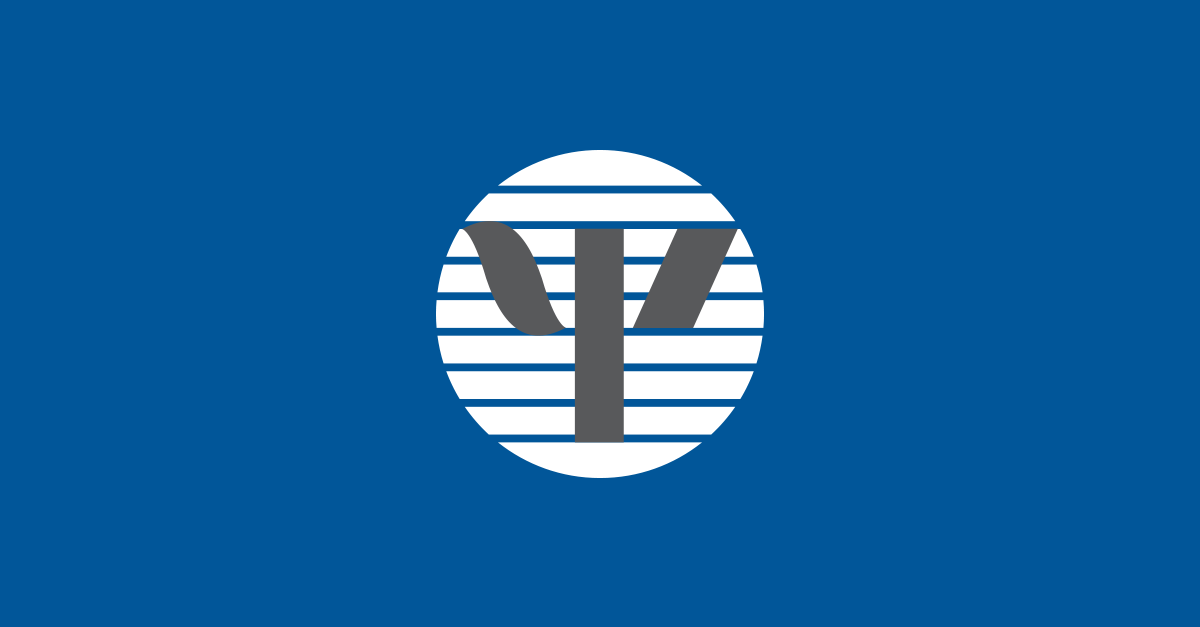clinsportpsychtbd
Full Member
- Joined
- Jul 3, 2019
- Messages
- 14
- Reaction score
- 0
Hi all! I am going into my senior year of undergrad at an R1 university and planning to apply for my master's in kinesiology (sport psych emphasis) and my PhD in clinical or counseling psych, with a goal of ultimately working as a clinical sport psychologist. I'm looking for advice on how to maximize the time I have left in college so that I am as competitive as possible for a clinical/counseling PhD, particularly because I fear that the kinesiology master's may actually work against me (might look strange/irrelevant to someone just flipping through apps). So I think I need to be competitive for the PhD based on my undergrad qualifications alone.
I am hoping for suggestions of anything else I can do during my senior year, or post-grad, to be competitive for clinical/counseling PhD programs by the time I finish undergrad. Here's what I will graduate with, should everything go according to plan:
-2+ years of lab experience: 6 months as an RA in a social psych lab; 3 months as an RA/15 months as an assistant lab manager in a personality psych lab; 9 months as an RA in a clinical lab
-A thesis/independent research project -- planning/researching/running my own study from start to finish (currently in the data collection phase) + data analysis + writing the paper; ~1.5 yrs total, including presentation
-One conference presentation for said thesis (my U's undergrad research conference)
-1 year as an officer (membership chair) for my U's Psi Chi chapter
-2 semesters advanced stats
-Basic R Studio experience
-3.65 GPA
-GRE is TBD
I don't care about what my chances are right now -- I just want to know what else I can do to be more competitive.
Thanks! (Feel free to move this thread if needed -- first post, not sure if it's in the right place.)
I am hoping for suggestions of anything else I can do during my senior year, or post-grad, to be competitive for clinical/counseling PhD programs by the time I finish undergrad. Here's what I will graduate with, should everything go according to plan:
-2+ years of lab experience: 6 months as an RA in a social psych lab; 3 months as an RA/15 months as an assistant lab manager in a personality psych lab; 9 months as an RA in a clinical lab
-A thesis/independent research project -- planning/researching/running my own study from start to finish (currently in the data collection phase) + data analysis + writing the paper; ~1.5 yrs total, including presentation
-One conference presentation for said thesis (my U's undergrad research conference)
-1 year as an officer (membership chair) for my U's Psi Chi chapter
-2 semesters advanced stats
-Basic R Studio experience
-3.65 GPA
-GRE is TBD
I don't care about what my chances are right now -- I just want to know what else I can do to be more competitive.
Thanks! (Feel free to move this thread if needed -- first post, not sure if it's in the right place.)


